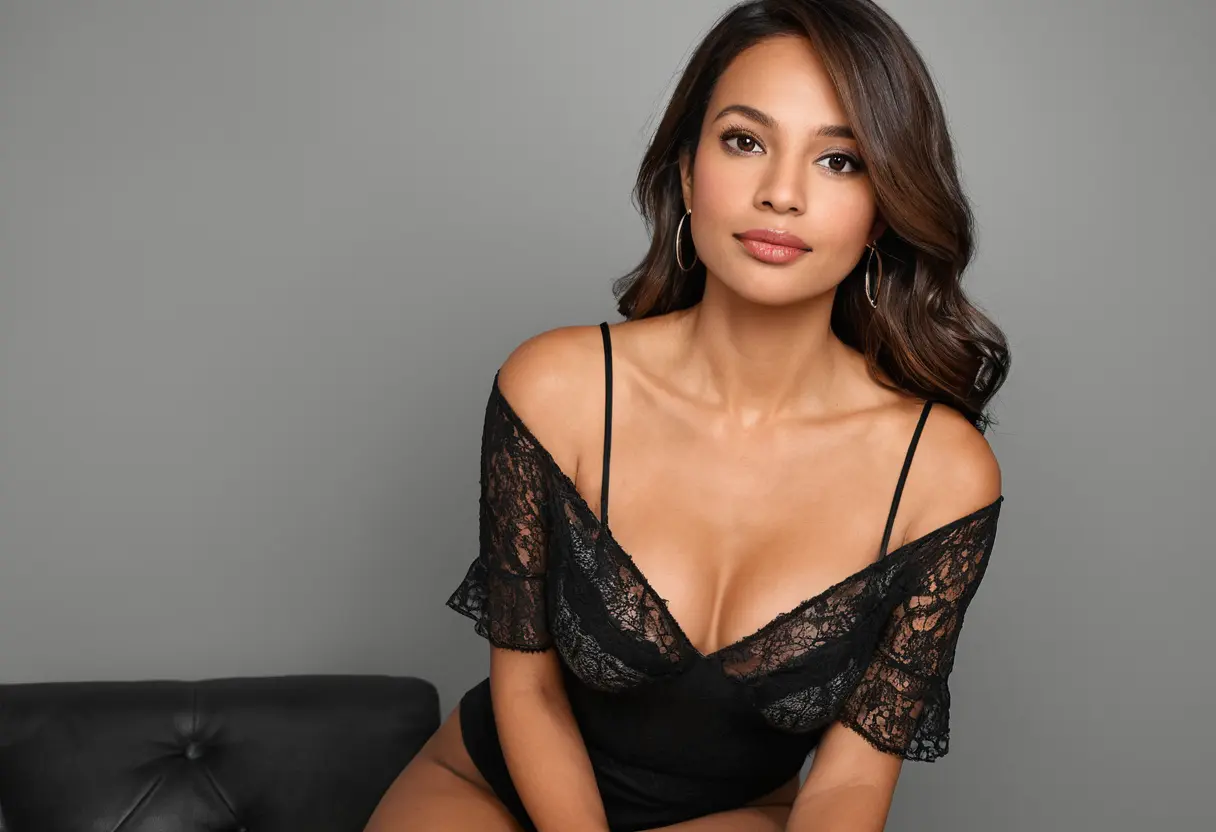
As we step into a new era of technological advancement, the intersection of artificial intelligence (AI) and fashion is becoming increasingly significant. This evolution is not just about innovation; it's about reshaping societal norms, particularly in the realm of body positivity. This article delves into how AI is transforming the fashion industry while promoting body positivity, offering insights into future trends, challenges, and opportunities.
AI is revolutionizing the fashion industry by streamlining processes, enhancing customer experiences, and personalizing fashion choices. Major retailers and fashion brands are employing AI algorithms to analyze consumer data, predict trends, and manage inventory more efficiently. This technological integration allows brands to respond to market demands swiftly and accurately.
One of the key applications of AI is in virtual fitting rooms. These innovative solutions use augmented reality (AR) and machine learning to enable customers to try on clothes virtually. This not only enhances the shopping experience but also helps consumers find the right fit, reducing returns and boosting satisfaction.
The fashion industry has historically faced criticism for promoting unrealistic body standards. However, AI is playing a crucial role in shifting this narrative towards body positivity. By leveraging AI technologies, brands can create more inclusive designs that cater to diverse body shapes and sizes.
AI-driven tools can analyze body measurements from a vast range of data, ensuring that clothing lines reflect the diversity of real bodies. This inclusivity extends to marketing strategies as well, where AI can help brands craft campaigns that celebrate body diversity, rather than conforming to narrow beauty ideals.
Another significant aspect of AI in fashion is its ability to deliver personalized experiences. Machine learning algorithms can analyze consumer preferences, purchase history, and browsing behavior to offer tailored recommendations. This personalization fosters a deeper connection between brands and consumers, encouraging loyalty and engagement.
For instance, AI chatbots provide personalized styling advice and support, ensuring that shoppers feel valued and understood. By emphasizing individuality, these technologies promote body positivity by celebrating unique styles and preferences, rather than pushing a one-size-fits-all approach.
In addition to promoting body positivity, AI is set to play a pivotal role in fostering sustainability within the fashion industry. As consumers become more environmentally conscious, AI technologies can help brands create sustainable practices.
AI can optimize supply chains, reduce waste, and predict trends, allowing companies to produce only what is necessary. This leads to fewer unsold items, which often end up in landfills. Furthermore, AI-driven data analytics can help brands understand consumer demand more accurately, promoting a more responsible approach to fashion consumption.
Despite the promising potential of AI in fashion, there are challenges to address. Issues such as data privacy, ethical concerns, and the risk of perpetuating biases in AI algorithms must be considered. Brands must ensure that their AI systems are designed to promote inclusivity and respect for all body types.
Moreover, the reliance on technology should not overshadow the importance of human creativity and intuition in fashion design. Balancing AI's efficiency with the artistic aspects of fashion will be crucial for brands looking to thrive in this evolving landscape.
The future of AI in fashion holds tremendous potential, particularly in advancing body positivity and sustainability. As technology continues to evolve, it is imperative for the fashion industry to embrace these changes while prioritizing inclusivity and ethical practices. By harnessing the power of AI, brands can undress ai toolcreate a more diverse and sustainable fashion landscape that celebrates every body and fosters a positive shopping experience.
In summary, the integration of AI into fashion not only streamlines operations but also paves the way for a more inclusive industry. As we look ahead, it is clear that the collaboration between technology and creativity will redefine fashion for the better, ensuring that everyone feels represented and valued.
2024-11-05 11:441069People browsing
2024-11-05 10:531886People browsing
2024-11-05 10:491274People browsing
2024-11-05 10:422686People browsing
2024-11-05 10:12823People browsing
2024-11-05 09:571606People browsing
Introduction to Undress AI TechnologyIn recent years, the field of image processing has undergone si
Transform Your Wardrobe Experience Using Undress AI TechnologyIn today’s fast-paced world, fashion a
IntroductionIn the rapidly evolving world of digital art and design, the use of AI-generated images